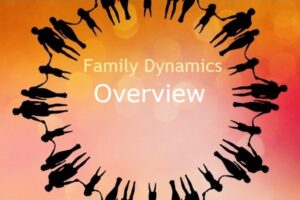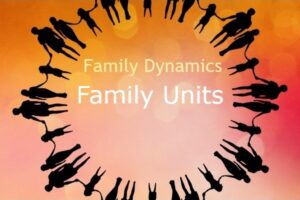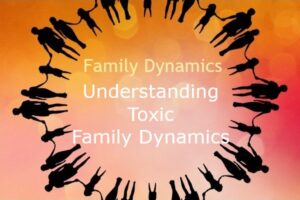
Archangel Gabriel, known across various cultures and religions, stands as a symbol of divinity, communication, and strength. Often referred to as the “Strength of God,” Gabriel’s presence in historical texts and spiritual teachings highlights a role of immense significance. As a messenger of God, Gabriel is credited with delivering crucial messages to humanity, most notably to the Virgin Mary in Christianity, announcing the forthcoming birth of Jesus Christ. This role underscores Gabriel’s association with heralding profound changes and guiding individuals through transformative experiences.
In addition to being a messenger, Archangel Gabriel is often depicted holding a trumpet, symbolizing not just the announcement of significant events, but also the call to action and awakening. This imagery is deeply embedded in the collective consciousness, representing moments of revelation and the need for humans to heed a higher calling. Gabriel’s trumpet serves as a metaphor for the voice of God, directing, encouraging, and empowering individuals to fulfill their destiny.
Gabriel’s influence extends beyond religious boundaries, touching the lives of people seeking guidance and strength in times of uncertainty. The archangel is seen as a source of inspiration, helping individuals to find their voice and communicate more effectively. Whether through prayer, meditation, or simply a quiet moment of reflection, invoking the presence of Archangel Gabriel can provide a sense of clarity, purpose, and the strength to navigate the challenges of life. In this way, Gabriel remains a timeless figure of guidance, strength, and divine intervention, offering support to those who seek it.
READ: The Divine Council – Archangels Michael, Gabriel, Uriel, And Raphael
Join me online, or one-on-one, and discover how you can be divinely guided by the Divine Council.



